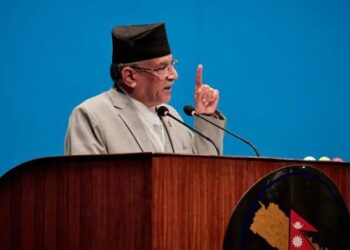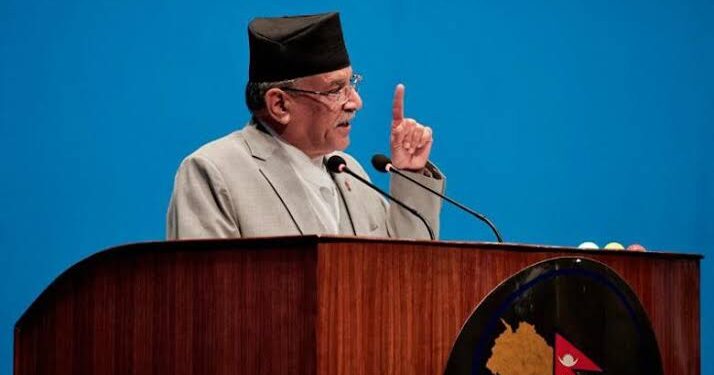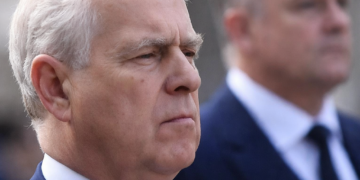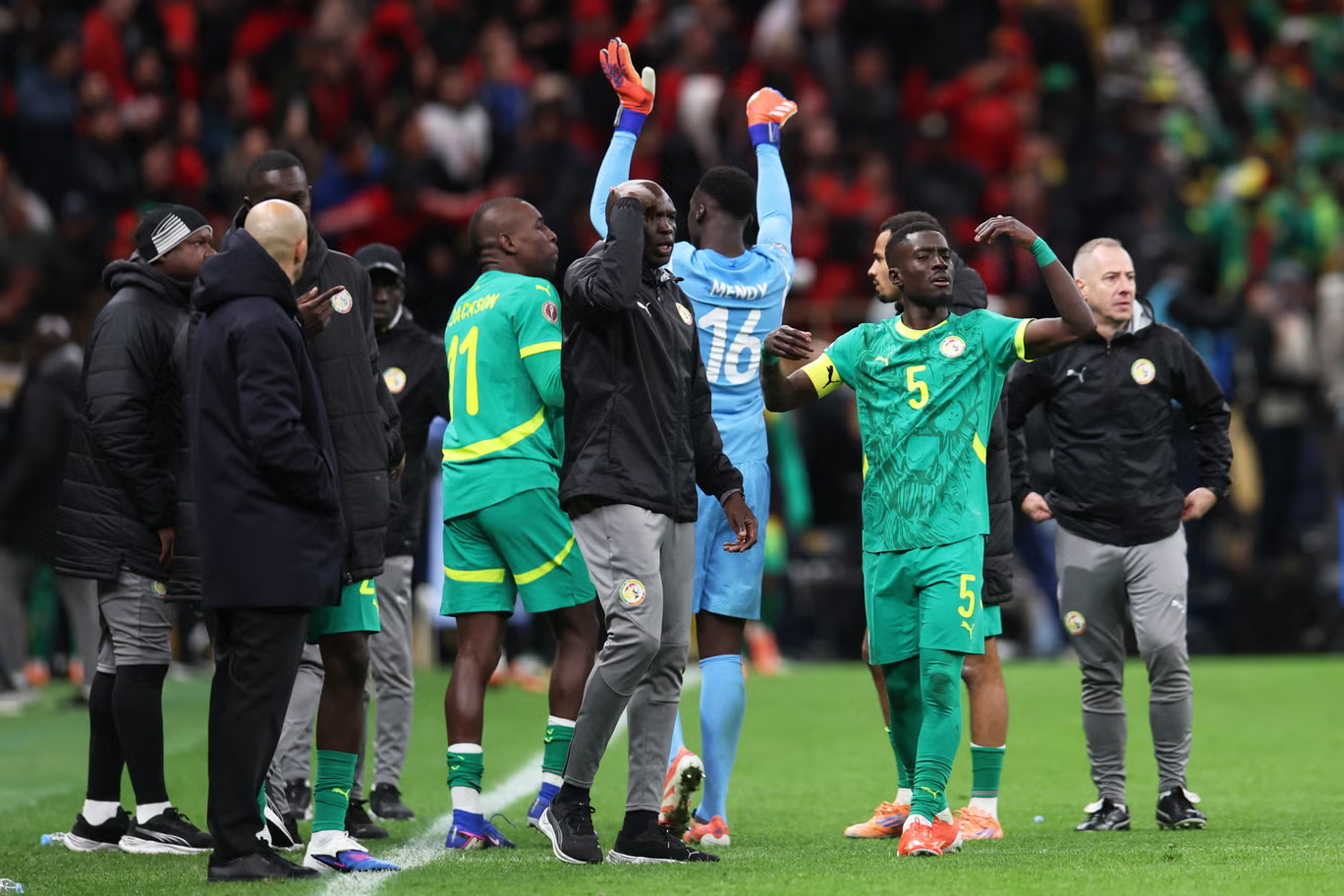On Monday, veteran communist politician K.P. Sharma Oli was sworn in as Nepal’s prime minister by President Ramchandra Paudel. Oli’s appointment comes three days after his predecessor, Pushpa Kamal Dahal, lost a parliamentary vote of confidence, making Oli the fifth prime minister in five years. His administration aims to bring political stability to the impoverished Himalayan nation, which urgently needs to attract investors and create jobs.
Historical Context and Political Instability
Nepal has faced political instability since abolishing its 239-year-old monarchy in 2008. Oli’s new government will be the 14th administration since then, with the 72-year-old Oli himself returning for his fourth term. He announced a 22-member cabinet, appointing Bishnu Paudel as finance minister and Arzu Rana Deuba of alliance partner Nepali Congress (NC) as foreign minister. Deuba is the wife of NC president and former prime minister Sher Bahadur Deuba.

Challenges and Criticism
The Nepalese government has faced significant criticism and sporadic protests, with some citizens demanding the restoration of the monarchy, citing the failure of successive governments to fulfill their development commitments. Political instability has deterred investment and hindered economic development in one of the world’s poorest countries, forcing millions of young Nepalese to seek work abroad, primarily in Malaysia, South Korea, and the Middle East.
Oli’s Strategic Moves
Despite these challenges, Oli’s administration is striving to bring stability and growth. Any failure, however, will be seen as a failure of the system and constitution, putting the government under intense scrutiny. Political developments in Kathmandu are closely monitored by neighboring giants India and China, both of which invest heavily in Nepal’s development and infrastructure, competing for geopolitical influence. During his first term in 2015-2016, Oli signed a transit agreement with Beijing, ending India’s monopoly over landlocked Nepal’s foreign trade, thereby bringing Nepal closer to China.
International Relations
On Monday, Indian Prime Minister Narendra Modi congratulated Oli, expressing his desire to “work closely to further strengthen the deep bonds of friendship between our two countries and to further expand our mutually beneficial cooperation for the progress and prosperity of our peoples.”
Bottom Line
The success of Oli’s government is crucial not just for political stability but also for economic development in Nepal.
The administration must capitalize on opportunities from neighboring economic giants while making wise and credible decisions to lift the nation out of poverty. Any lapses could trigger protests and undermine the democratic system, making the government’s performance critical for Nepal’s future.

















